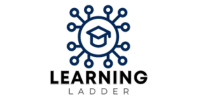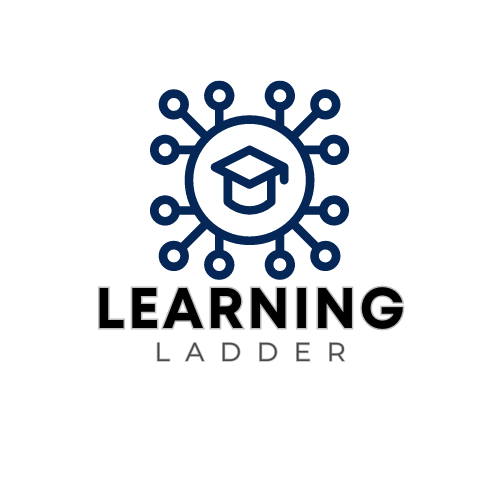Chemical Engineering Certification
Welcome to our Chemical Engineering Certification course, a comprehensive program designed to provide aspiring chemical engineers, students, and professionals with the knowledge, skills, and certification needed to succeed in the field of chemical engineering. Whether you’re looking to launch a career in chemical engineering, advance your skills, or stay updated on the latest industry trends, this course is tailored to meet your needs and help you achieve your goals.
Essentials of Course
Our Chemical Engineering Certification course covers essential topics such as chemical processes, thermodynamics, fluid mechanics, heat transfer, mass transfer, reaction engineering, process control, and safety considerations. Through a combination of theoretical instruction, practical exercises, case studies, and hands-on simulations, participants will gain a deep understanding of chemical engineering principles and best practices for designing, optimizing, and managing chemical processes and systems.
Why Course Matters
Chemical engineering plays a vital role in numerous industries, including pharmaceuticals, petrochemicals, food and beverages, energy, environmental protection, and materials science. As the demand for sustainable and innovative solutions continues to grow, there is an increasing need for skilled chemical engineers who can develop efficient processes, improve product quality, and minimize environmental impact. By obtaining certification in chemical engineering, individuals can enhance their credentials, advance their careers, and contribute to the advancement of science and technology.
What You’ll Learn
In this course, you’ll learn:
- Chemical Processes: Explore the principles of chemical reactions, phase equilibria, and process kinetics to understand and analyze chemical processes and transformations.
- Thermodynamics: Gain insights into the laws of thermodynamics, including energy conservation, entropy, and heat transfer, and their applications to chemical systems and energy conversion processes.
- Fluid Mechanics: Learn the fundamentals of fluid flow, viscosity, turbulence, and pressure drop, and apply fluid mechanics principles to the design and operation of chemical equipment and pipelines.
- Heat Transfer: Understand heat transfer mechanisms, including conduction, convection, and radiation, and apply heat transfer principles to the design of heat exchangers, reactors, and process equipment.
- Mass Transfer: Explore mass transfer phenomena, such as diffusion, absorption, and distillation, and their applications to separation processes and unit operations in chemical engineering.
- Reaction Engineering: Learn principles of chemical reaction engineering, including reactor design, kinetics, and catalysis, to optimize reaction conditions and maximize product yield and selectivity.
Who Should Take This Course
This course is suitable for:
- Students pursuing a degree in chemical engineering or related fields who want to supplement their academic studies with practical knowledge and skills relevant to the industry.
- Recent graduates seeking to enter the field of chemical engineering and gain a competitive edge in the job market through certification and specialized training.
- Working professionals in the chemical industry looking to advance their careers, expand their skill set, or transition into roles requiring a deeper understanding of chemical engineering principles and practices.
- Engineers and scientists in other disciplines interested in expanding their knowledge and expertise in chemical engineering to pursue new career opportunities or interdisciplinary projects.
- Anyone passionate about science, technology, and innovation who wants to learn more about chemical engineering and its applications in solving real-world challenges.
Course Format
Our Chemical Engineering Certification course is delivered through a combination of online modules, video lectures, interactive simulations, virtual labs, and instructor-led discussions. The course content is designed to be flexible and accessible, allowing participants to learn at their own pace while also providing opportunities for hands-on learning, collaboration, and interaction with instructors and peers.
Benefits of Taking This Course
By enrolling in our Chemical Engineering Certification course, you’ll:
- Gain advanced knowledge and expertise in chemical engineering principles, technologies, and applications, making you a valuable asset to employers in the chemical industry.
- Enhance your career prospects and marketability with a recognized certification in chemical engineering, demonstrating your commitment to excellence and professionalism in the field.
- Stay updated on the latest industry trends, regulations, and best practices in chemical engineering, ensuring your skills remain relevant and competitive in the rapidly evolving field.
- Access practical tools, resources, and case studies to apply your knowledge and skills to real-world chemical engineering projects and challenges.
- Expand your professional network and connect with industry experts, peers, and fellow chemical engineering enthusiasts to exchange insights, experiences, and best practices.
- Make a positive impact in the chemical industry by contributing to the development of innovative solutions to address global challenges in energy, environment, healthcare, and materials science.
Enroll Today
Don’t miss this opportunity to advance your career and become a skilled and knowledgeable professional in the field of chemical engineering. Enroll in our Chemical Engineering Certification course today and take the first step toward achieving your goals in chemical engineering.
Join us in mastering the principles and practices of chemical engineering and making a difference in the world through science and technology. Enroll today and unlock your potential as a certified chemical engineer.




